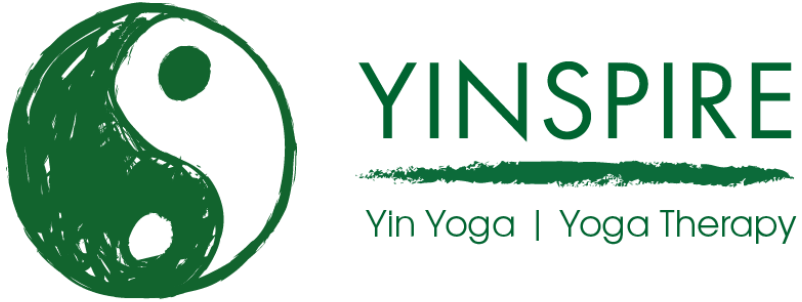At the outset I will say I am neither a Doctor nor a prescriber. Please talk to your Doctor or Pharmacist around specifics concerning medication for back and neck pain.
However I came across this article recently, and thought it worth sharing:
‘Landmark’ Trial Shows Opioids for Back, Neck Pain No Better Than Placebo
(https://www.medscape.com/viewarticle/993875)
At one level this is not news – Guidelines from Nice, the UK National Institute for Health Care and Excellence, have long cautioned on the use of Opoids. (https://www.nice.org.uk/guidance/NG59/chapter/Recommendations).
However what is interesting in this latest research is that after 6 weeks there was no difference in the pain scores of those taking Opioids versus a placebo; at 12 months the pain scores were higher for those using Opioids – i.e. the Opioids made the pain experience worse long term.
One of the study authors is quoted as saying “We need to reassure doctors and patients that most people with acute low back pain and neck pain recover well with time (usually by 6 weeks), so management is simple ― staying active, avoiding bed rest, and, if necessary, using a heat pack for short term pain relief. If drugs are required, consider anti-inflammatory drugs,”
This matches the UK Nice recommendations which say:
“Consider a group exercise programme (biomechanical, aerobic, mind–body or a combination of approaches) within the NHS for people with a specific episode or flare-up of low back pain with or without sciatica. Take people’s specific needs, preferences and capabilities into account when choosing the type of exercise” (1.2.2)
“Consider psychological therapies using a cognitive behavioural approach for managing low back pain with or without sciatica but only as part of a treatment package including exercise, with or without manual therapy” (1.2.13)
“Consider a combined physical and psychological programme, incorporating a cognitive behavioural approach (preferably in a group context that takes into account a person’s specific needs and capabilities), for people with persistent low back pain or sciatica” 1.2.14
Note these are extracts from the NICE guidelines, please read them in full: Low back pain and sciatica in over 16s: assessment and management
And this is where, done appropriately, Yoga comes in – addressing both the physical and the psychological in the round. Yoga is also well placed to help with pain management, short and long term.
I’ve got to stress done appropriately in the above sentence – Yoga is a broad church, and a very strong physical yoga practice could well make matters worse, likewise the majority of yoga teachers are not trained in the psychological aspects of managing well being nor in the specifics of pain management. So if you are seeking Yoga help for back or neck issues, you need someone like a Yoga Therapist, or a Yoga Teacher with additional modalities and trainings, to assist.
You can read a bit more on my website about how I use Yoga for Back Conditions and Pain Conditions
Again, to re-emphasise, I am not a doctor or prescriber, so do seek advice if you are unsure, and don’t start or stop taking medications without advice.
